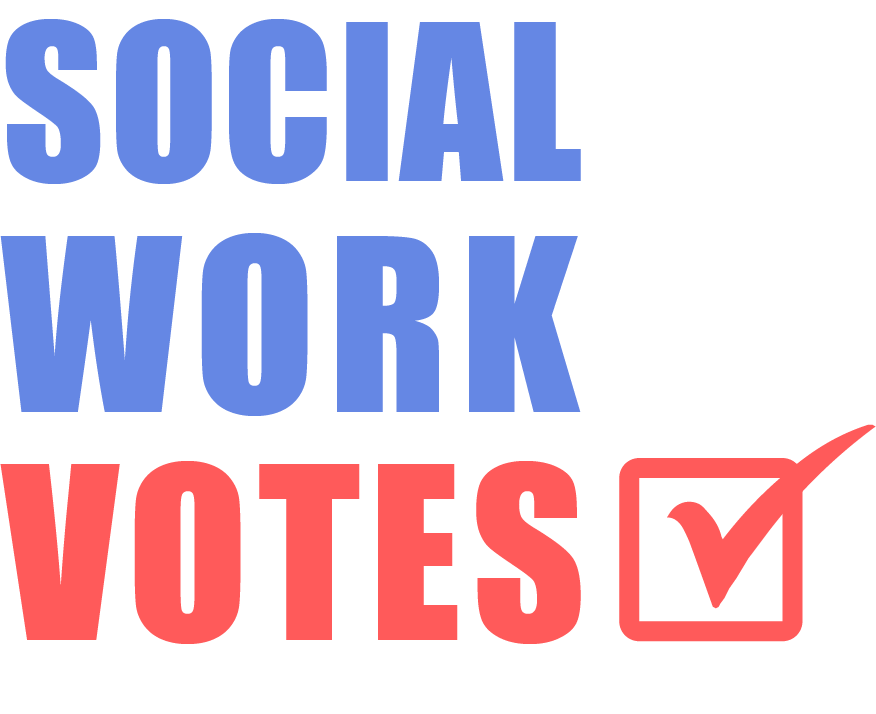Specific Circumstances
+ Houselessness
Voting + houselessness
You can still register & vote in all 50 states if you do not have a permanent address!
Without a permanent address to use for documentation, voting can be difficult for people who are houseless. Each election, low income and houseless individuals vote at a lower rate than people with higher incomes, despite the fact that many policy decisions directly impact people who are economically disadvantaged. Click here to gain more insight into the voting policies affecting homelessness.
Two effective ways to increase voter turnout among people who are low income or houseless are to 1) hold registration drives and 2) raise awareness of the issues. The National Coalition for the Homeless works to ensure that people who are houseless have full access to the democratic process through the “You Don’t Need a Home to Vote” campaign. See their resources for individuals and community organizers below:
Advocacy Resources from the National coalition for the homeless
Social Media advocacy guide
Find more infographics like this, as well as pre-written Tweets and Facebook posts on the National Coalition for the Homeless website. Use their social media resources to share educational resources on how organizations can advocate for people experiencing homelessness in the voting process.
National Coalition for The Homeless Voting Infographic
Voter Rights Manual
This manual provides several ideas for individuals and organizations interested in helping people experiencing homelessness to overcome the obstacles that have traditionally prevented them from becoming registered, active voters.
Four key takeaways from the Voter Rights Manual :
What address should I put down? Most states allow a shelter address, a description of a general location the individual usually spends the night, or a drawn map to be recorded as an address.
Nonprofit 501( c) (3) organizations can operate voter registration drives if they do so in a nonpartisan manner
Organizations may provide vehicles and drivers to assist with transportation during registration drives or to take voters to the polls on Election Day.
Voter registration forms are available at post offices, libraries, fire stations, Departments of Motor Vehicles, welfare departments, Registrars of Voters, and City/County Elections offices. Many social service agencies also have forms.


